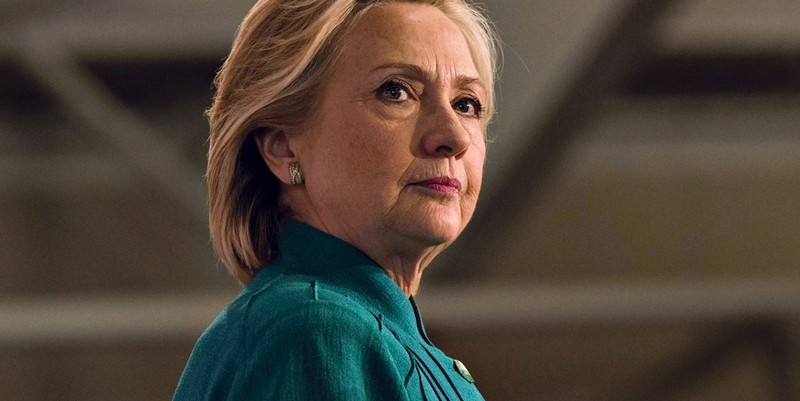Democratic presidential nominee Hillary Clinton took another stab at the nation's wealthiest Americans on Thursday, endorsing an increase in the top estate-tax rate — a sharp contrast to her opponent Donald Trump's plan to eliminate the estate tax altogether. But that increased rate is not what concerns financial advisers most.
She would set the top tax rate at 65% for estates over $500 million for individuals and $1 billion for married couples, according to
the updated plan on her campaign website. This compares to the current highest rate of 40% on estates over $5.45 million per person ($10.9 million per married couple).
Ms. Clinton also would set a 50% rate for estates over $10 million and 55% rate for those over $50 million. Before this change, she had supported a top estate-tax rate of 45%.
But what's of particular concern to advisers is that she'd also remove
aspects of the tax code that people use to make their estates “appear to be worth less than they really are,” according to Ms. Clinton's website.
“The real focus of her new estate-tax plan is the elimination of the step-up in basis for all. This will impact a very large number of Americans,” said Victoria Fillet, president of Blueprint Financial Planning. “The raise in the estate tax is primarily focused on the very rich, and they have sophisticated tax planning done by a bank of accountants and will probably not be impacted.”
(More: Side-by-side comparison of Clinton, Trump tax plans)
When investors get a so-called step-up in basis at death, the inheritors of the assets don't have to pay capital gains tax.
For instance, a couple buys a $50,000 house that is worth $500,000 when they die and leave it to their daughter. Today she receives a step-up in value to the current market price, and if she sells at that new market price, there are no tax consequences, Ms. Fillet said.
Under Ms. Clinton's plan with no step-up in basis, that daughter would owe capital gains taxes on $450,000, she said.
“This will seriously impact inheritances for many middle- and lower-income Americans,” Ms. Fillet said.
The step-up in basis applies to any appreciated asset in the estate that are not included in a qualified plan, such as an individual retirement account or a 401(k).
(More: Republican lawmakers attempt to stop estate-tax regulation)
Charlie Douglas, director of wealth planning at Cedar Rowe Partners, agrees that the loss of step-up in basis would be significant for many.
He points out that Republican candidate Donald Trump, who has called for repeal of the estate tax, has been mum on his plans for the step-up, while former candidate Jeb Bush had said he'd support getting rid of the step-up in exchange for eliminating the estate tax.
Any estate-tax change would need Congressional approval, a challenge in the current political environment. These two estate-tax components may end up being part of a compromise, Mr. Douglas said.
“Some say Hillary's plan would be dead on arrival, but that that's not the point,” he said. “The point is this is about politics and horse-trading, and we'll see if it becomes a tradeoff between her higher estate-tax rates and keeping the step-up.”
Russell J. Fishkind, partner and estate-planning lawyer at Saul Ewing, said it’s surprising Ms. Clinton is supporting the elimination of the step-up because that will affect everyone, not just the wealthiest Americans that her other tax increases would impact.
“I think her whole estate-tax policy is really a debate piece to highlight the differences between her and Donald Trump,” he said.
Targeting the estate-tax rate is only the most recent tactic of having the wealthiest in the nation pay more in taxes. She also backs a cap on itemized deductions and a 4% “fair-share surcharge” on those with incomes over $5 million.







